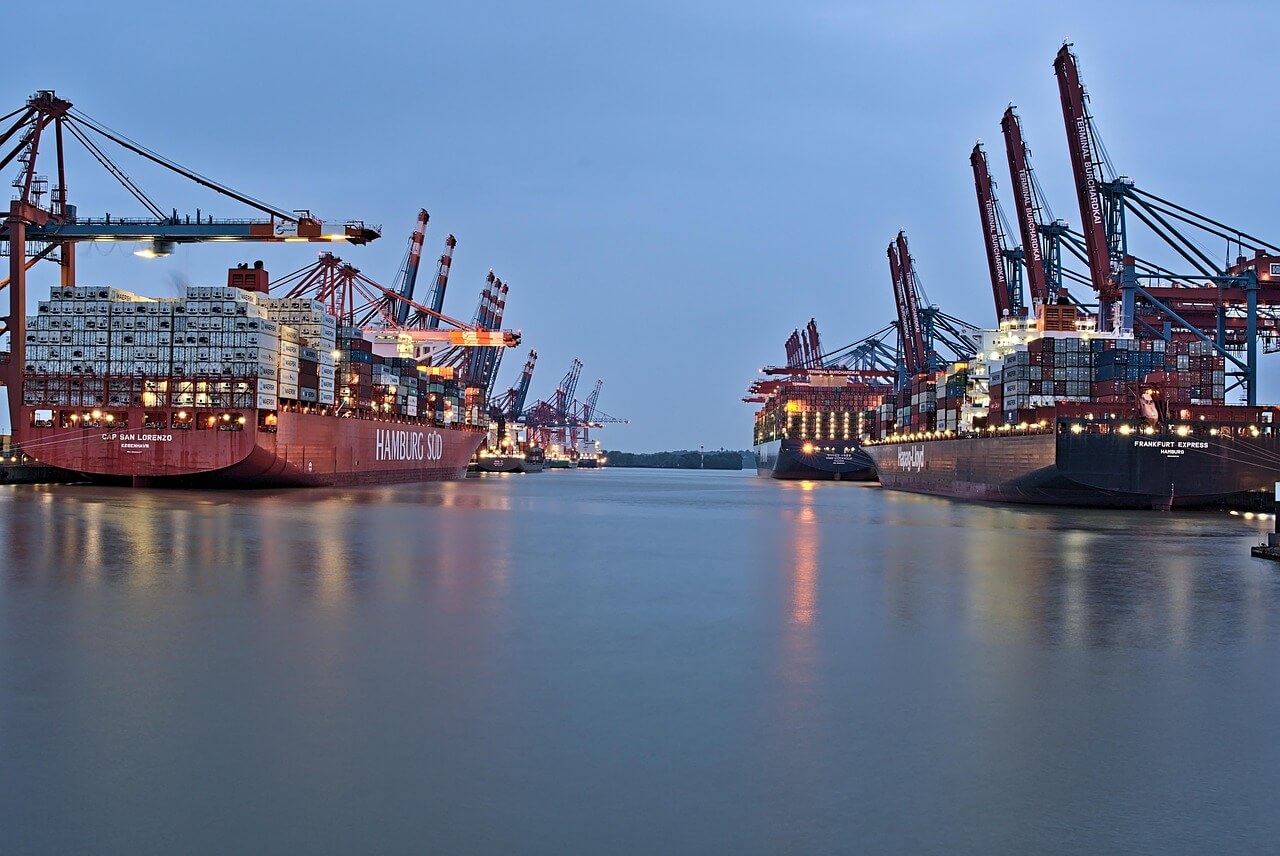
27
Apr
How to choose the cost of freight forwarding import and export to Dubai?
**Freight Forwarding to Dubai: Cost Considerations for Import and Export**
When importing or exporting goods to Dubai, the role of a freight forwarder becomes crucial. Freight forwarders not only handle the logistics of transporting goods but also ensure smooth customs clearance and other related matters. Among the many considerations for exporting or importing to Dubai, cost is a major factor. Here's an overview of how to choose the right freight forwarding costs for your import/export business to Dubai.
**1. Understanding the Cost Components**
The cost of freight forwarding to Dubai involves several components, including:
* Transportation costs: This includes the cost of shipping the goods from the origin to Dubai, either by sea, air, or land.
* Customs clearance fees: These are the charges associated with clearing goods through customs.
* Handling and storage costs: These costs cover the handling of goods at various stages of transportation and temporary storage if required.
* Insurance costs: To cover risks associated with transportation, it's important to consider purchasing insurance for your goods.
**2. Factors Affecting Cost**
The cost of freight forwarding depends on several factors such as:
* The type of goods being shipped (size, weight, and value).
* The distance between the origin and Dubai.
- The mode of transportation chosen (air, sea, or land).
- Market conditions and demand fluctuations.
- Customs regulations and procedures in Dubai.
**3. Choosing a Freight Forwarder**
With so many freight forwarders in the market, it's important to choose one that offers competitive rates and excellent services. Here are some tips:
* Request for quotes from multiple freight forwarders and compare.
* Look for experience and expertise in handling imports/exports to Dubai.
* Check their reputation and customer reviews.
* Ensure they provide timely updates and have a reliable customer support system.
**4. Negotiating Costs**
When it comes to negotiating costs with your freight forwarder, here are some strategies:
* Be specific about your requirements to get accurate quotes.
* Research market rates to ensure you're not overpaying.
* Consider long-term partnerships for regular imports/exports as this could lead to better rates.
* Ask for discounts or incentives for volume shipments or regular customers.
**5. Managing Additional Costs**
While the initial quote may cover the basic costs, there could be additional expenses during transit. It's important to plan for these:
* Stay updated with any changes in customs regulations that could affect costs.
* Plan for unexpected delays that could lead to additional storage charges.
* Ensure proper packaging and documentation to avoid any damage or loss during transit.
In conclusion, when importing or exporting goods to Dubai, it's crucial to understand the cost components of freight forwarding and choose a reliable freight forwarder who can handle your requirements efficiently and cost-effectively. By considering the above factors and strategies, you can make informed decisions about your freight forwarding costs.
When importing or exporting goods to Dubai, the role of a freight forwarder becomes crucial. Freight forwarders not only handle the logistics of transporting goods but also ensure smooth customs clearance and other related matters. Among the many considerations for exporting or importing to Dubai, cost is a major factor. Here's an overview of how to choose the right freight forwarding costs for your import/export business to Dubai.
**1. Understanding the Cost Components**
The cost of freight forwarding to Dubai involves several components, including:
* Transportation costs: This includes the cost of shipping the goods from the origin to Dubai, either by sea, air, or land.
* Customs clearance fees: These are the charges associated with clearing goods through customs.
* Handling and storage costs: These costs cover the handling of goods at various stages of transportation and temporary storage if required.
* Insurance costs: To cover risks associated with transportation, it's important to consider purchasing insurance for your goods.
**2. Factors Affecting Cost**
The cost of freight forwarding depends on several factors such as:
* The type of goods being shipped (size, weight, and value).
* The distance between the origin and Dubai.
- The mode of transportation chosen (air, sea, or land).
- Market conditions and demand fluctuations.
- Customs regulations and procedures in Dubai.
**3. Choosing a Freight Forwarder**
With so many freight forwarders in the market, it's important to choose one that offers competitive rates and excellent services. Here are some tips:
* Request for quotes from multiple freight forwarders and compare.
* Look for experience and expertise in handling imports/exports to Dubai.
* Check their reputation and customer reviews.
* Ensure they provide timely updates and have a reliable customer support system.
**4. Negotiating Costs**
When it comes to negotiating costs with your freight forwarder, here are some strategies:
* Be specific about your requirements to get accurate quotes.
* Research market rates to ensure you're not overpaying.
* Consider long-term partnerships for regular imports/exports as this could lead to better rates.
* Ask for discounts or incentives for volume shipments or regular customers.
**5. Managing Additional Costs**
While the initial quote may cover the basic costs, there could be additional expenses during transit. It's important to plan for these:
* Stay updated with any changes in customs regulations that could affect costs.
* Plan for unexpected delays that could lead to additional storage charges.
* Ensure proper packaging and documentation to avoid any damage or loss during transit.
In conclusion, when importing or exporting goods to Dubai, it's crucial to understand the cost components of freight forwarding and choose a reliable freight forwarder who can handle your requirements efficiently and cost-effectively. By considering the above factors and strategies, you can make informed decisions about your freight forwarding costs.
LEAVE YOUR COMMENT
categories
recentpost
-
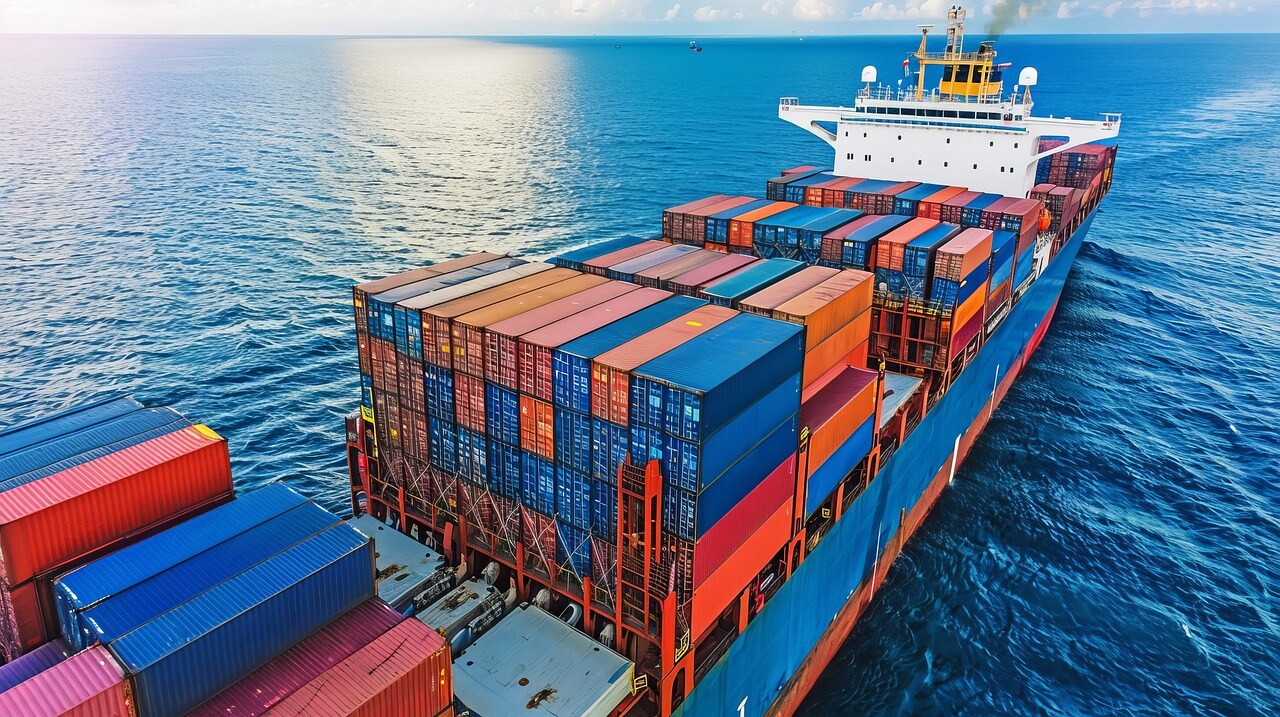 How can freight forwarders achieve efficient logistics and shipping from China to Tanzania?Apr 30,2025
How can freight forwarders achieve efficient logistics and shipping from China to Tanzania?Apr 30,2025 -
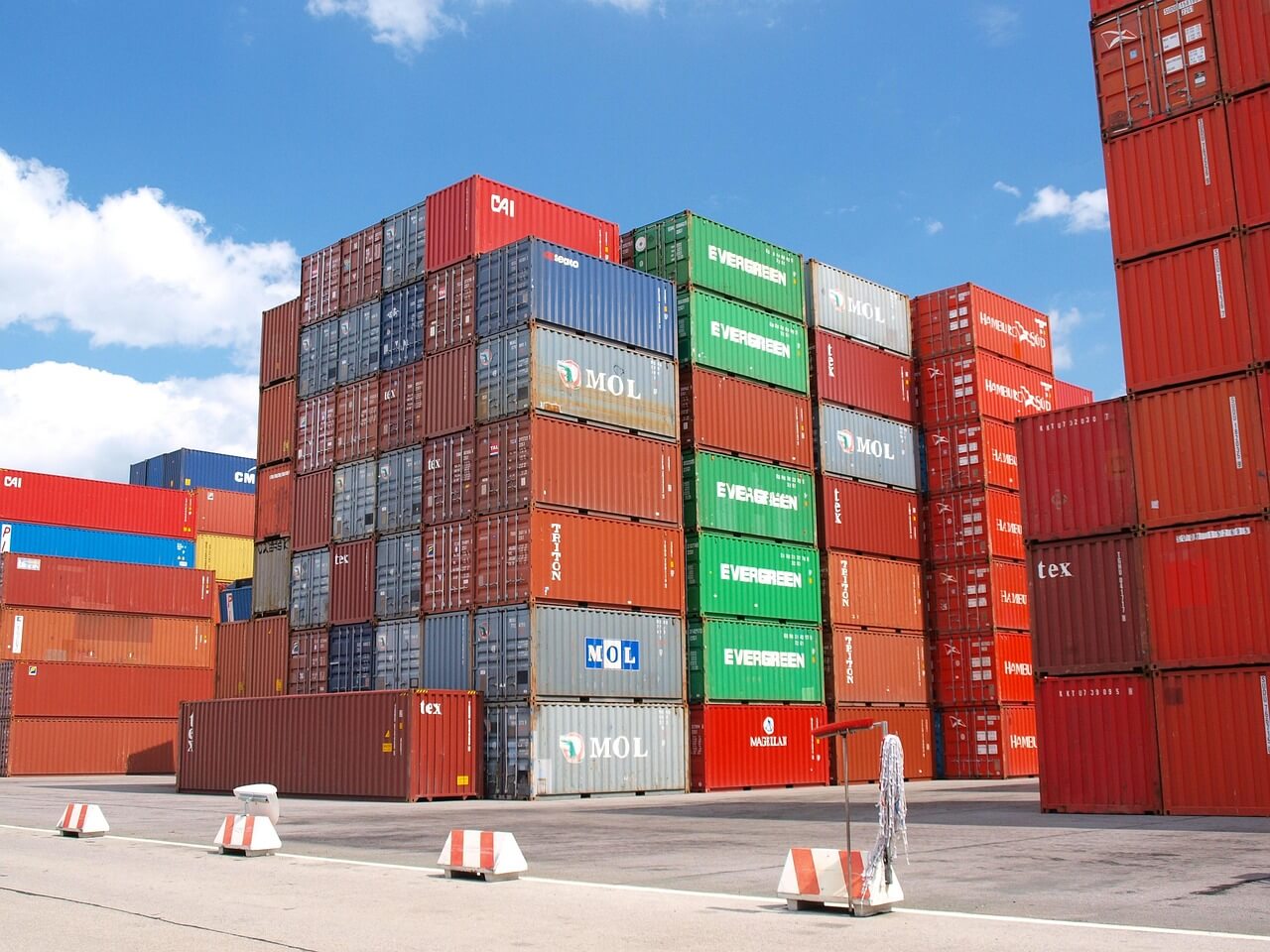 What are the guarantee measures for transportation and transaction services from China to the UnitedApr 30,2025
What are the guarantee measures for transportation and transaction services from China to the UnitedApr 30,2025 -
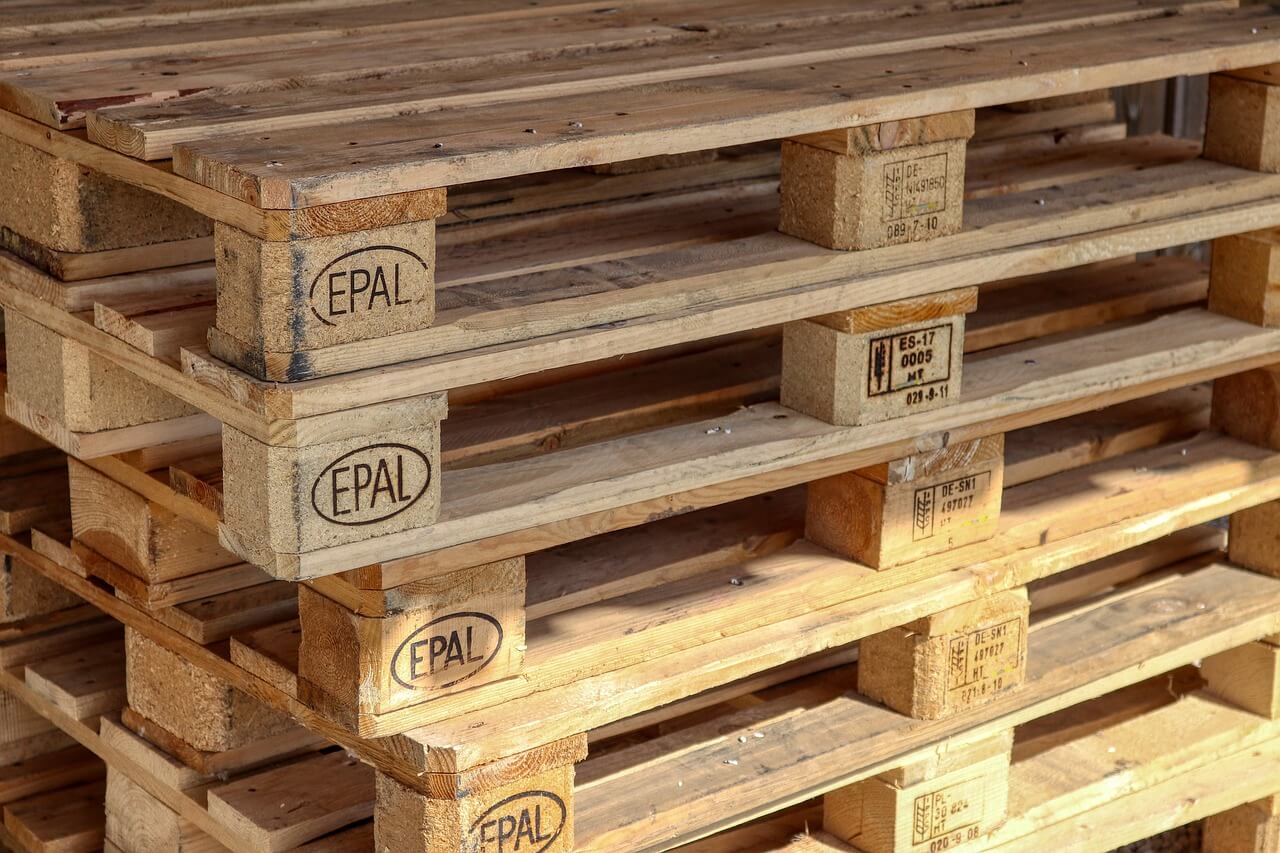 How is the international freight delivery service for transporting goods to Saudi Arabia?Apr 30,2025
How is the international freight delivery service for transporting goods to Saudi Arabia?Apr 30,2025 -
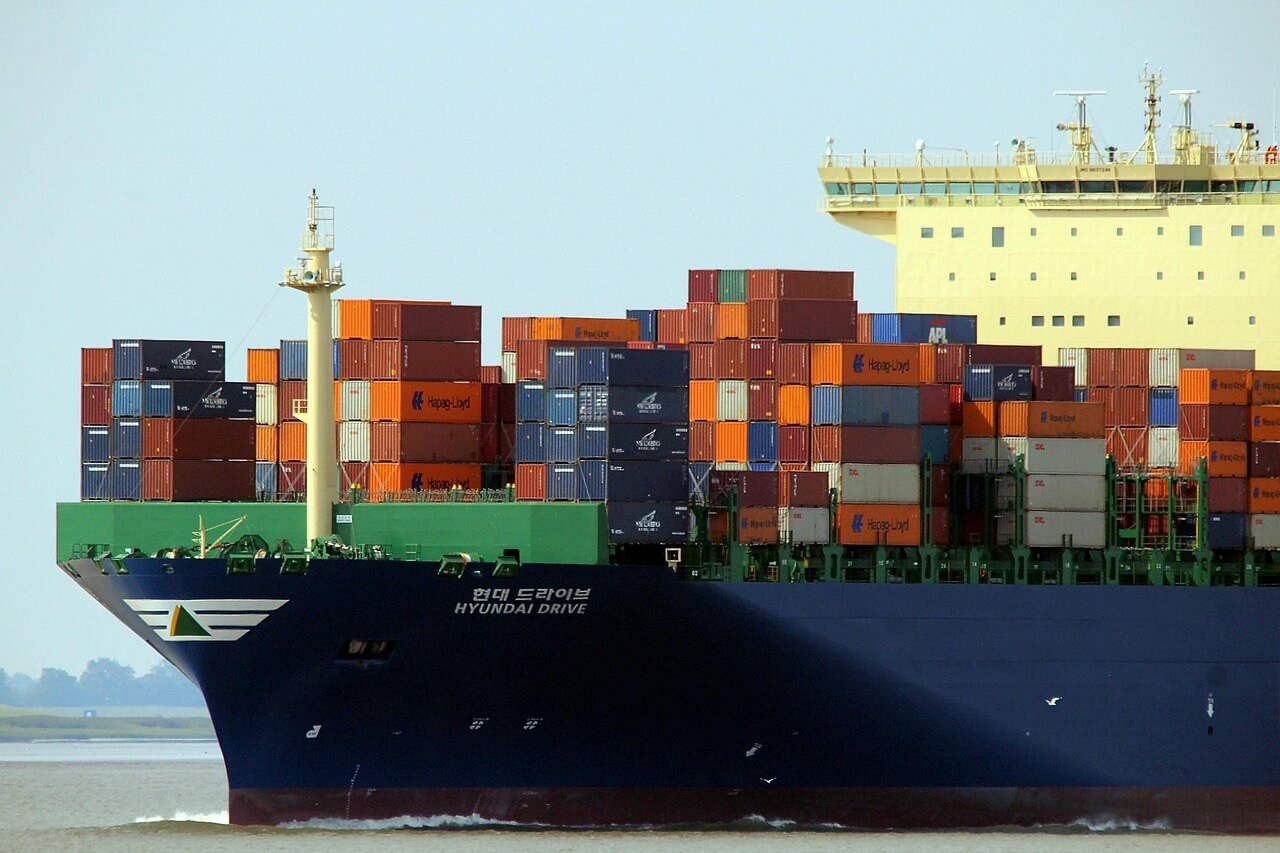 What is the delivery time for international freight from China to Kenya?Apr 30,2025
What is the delivery time for international freight from China to Kenya?Apr 30,2025 -
 What is the customs clearance process for global land transportation from China to the United Arab EApr 30,2025
What is the customs clearance process for global land transportation from China to the United Arab EApr 30,2025 -
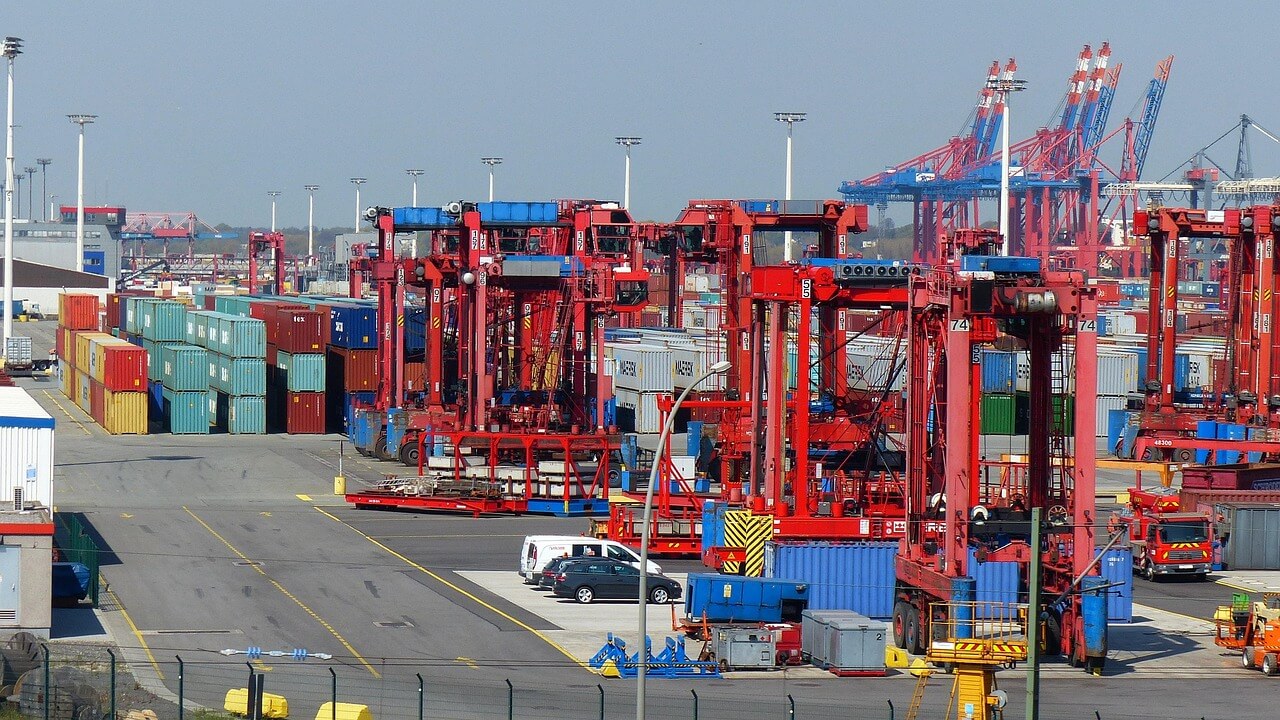 Shipping Guide from China to Qatar: How to Calculate LCL Shipping Cost?Apr 30,2025
Shipping Guide from China to Qatar: How to Calculate LCL Shipping Cost?Apr 30,2025

